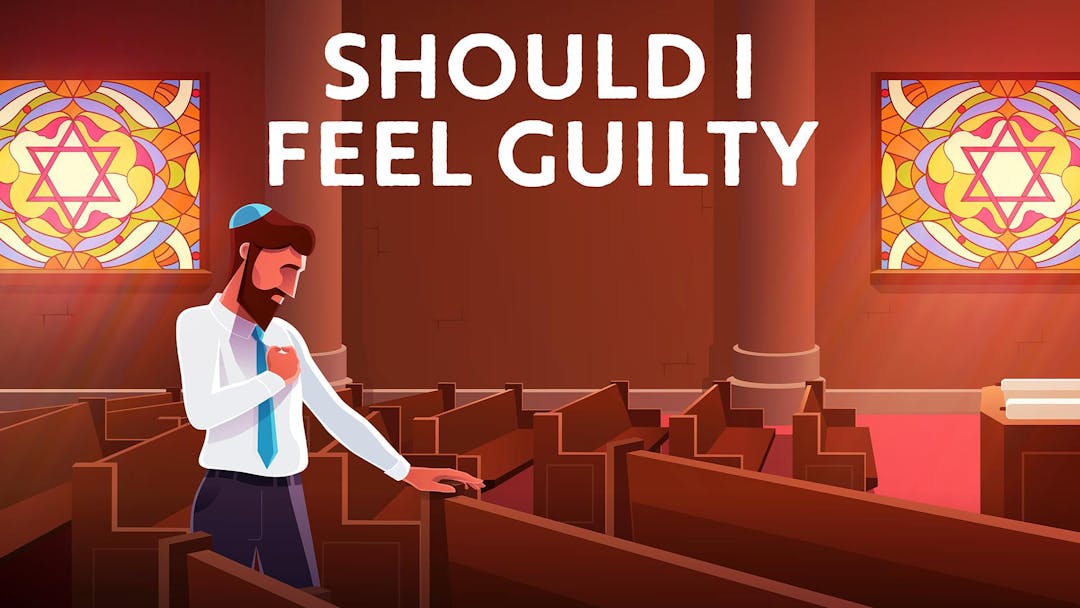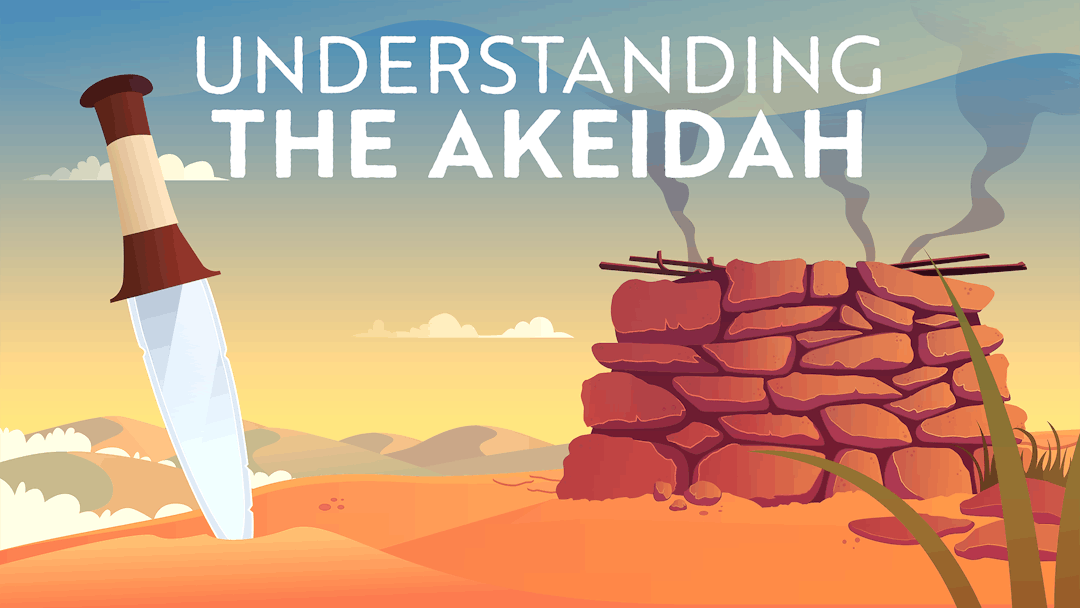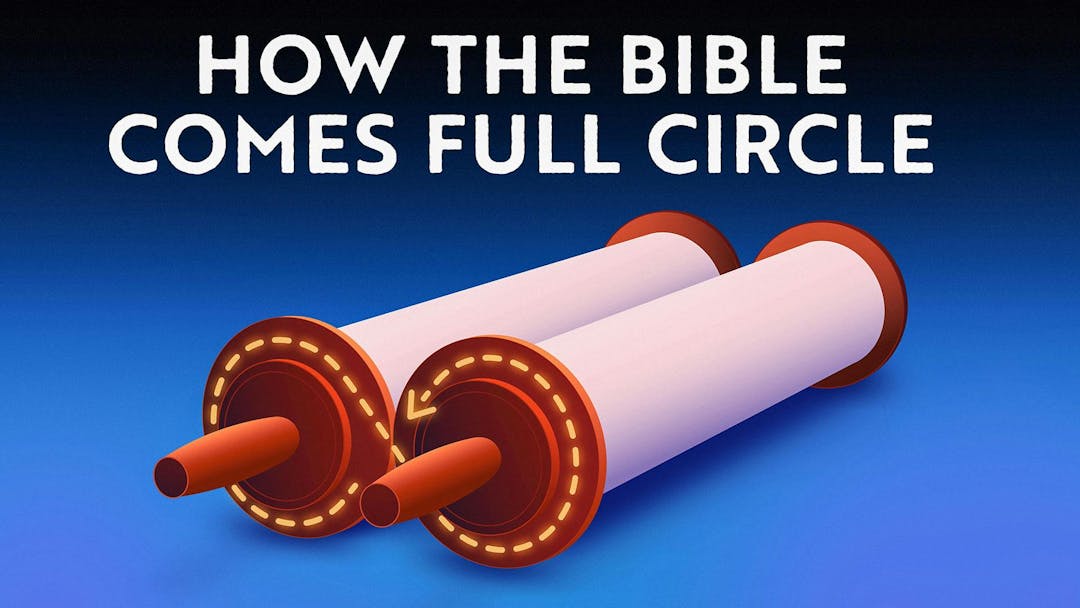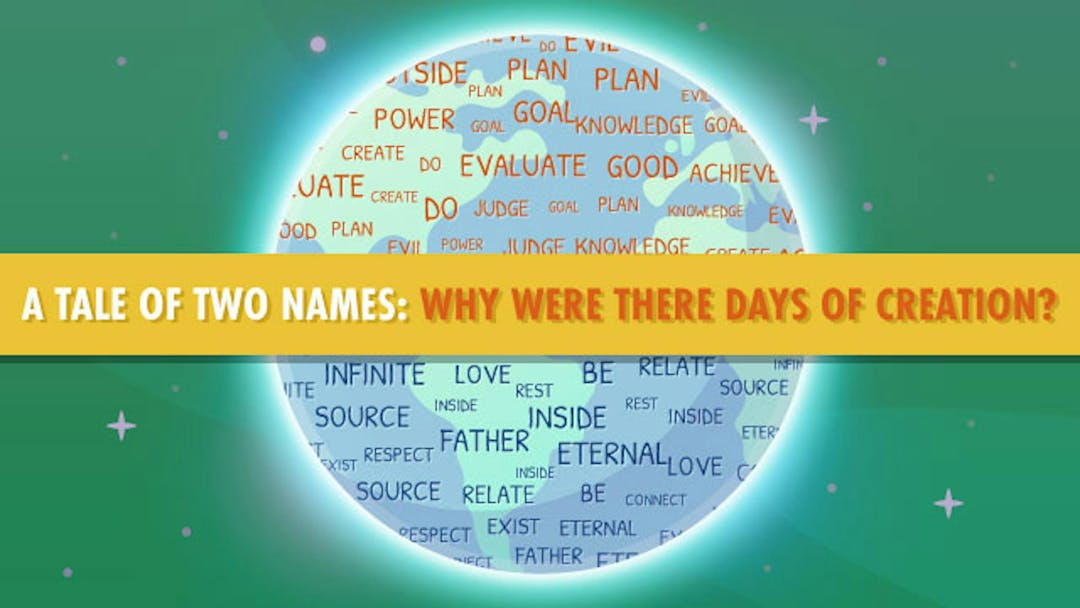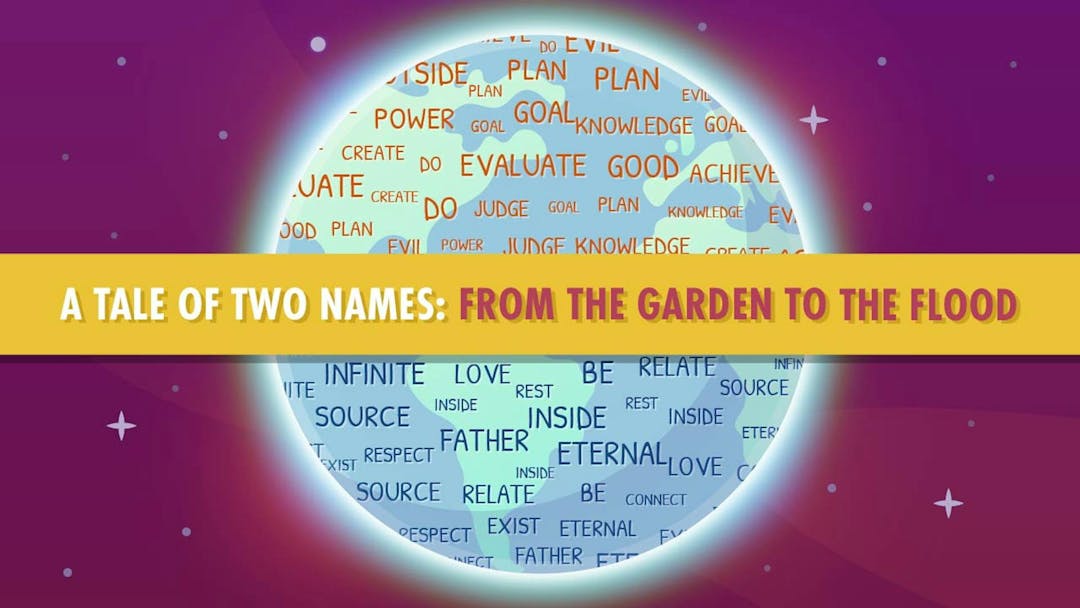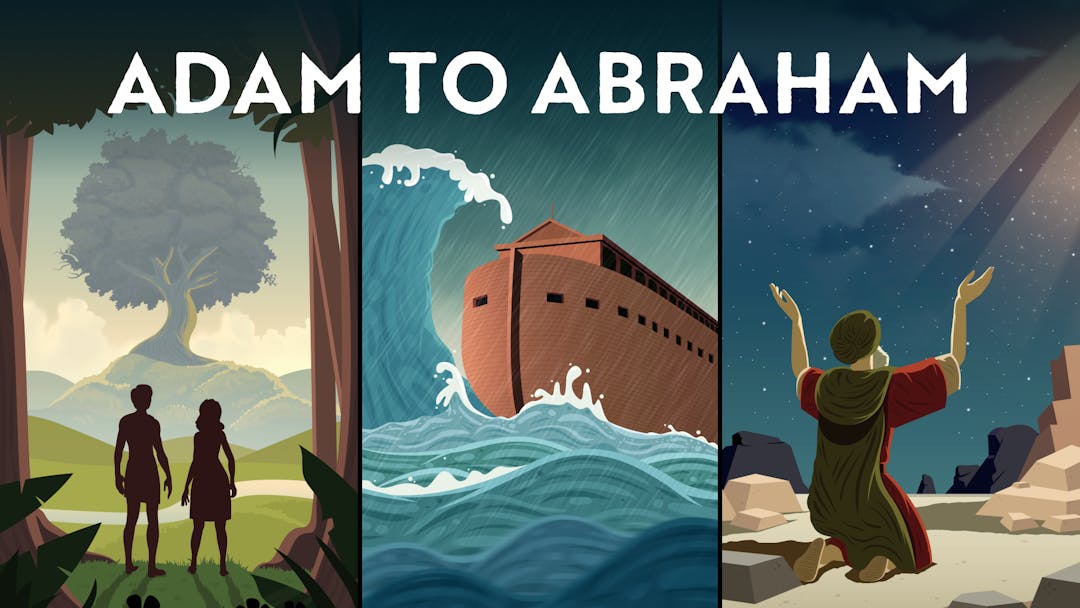Start your free trial today to unlock the full library and enjoy unlimited and uninterrupted access.
Get StartedGood and Evil In The Garden Of Eden (Part 1 of 8)
The Tree Of Life Vs The Tree Of Knowledge
What does it mean for us to recognize God as our King, Master of the universe? In this series, Rabbi Fohrman examines the early chapters of Genesis to discover just what God's mastery is all about – and what it really means to recognize it.
Want to watch the full video for free?
Enter your email and we’ll send you a link to watch the full series free.
What is Aleph Beta?
Aleph Beta is a unique kind of Torah library. Led by our founder, Rabbi David Fohrman, we are dedicated to high-level, textual Torah learning for adults that is intellectually and spiritually sophisticated, that enlivens your Jewish practice and helps you forge a deeper connection to God. Whether you’ve been learning in yeshiva for years or you’re just beginning your Torah journey, you’re sure to find something meaningful and surprising waiting for you here.
Browse our library of over 1,000 beautifully produced animated videos, podcasts, deep dive courses, and printable guides. Topics include the weekly parsha, Jewish holidays & fast days, laws & mitzvot, prayers, relationships, big philosophical ideas and more. Have something to say at the Shabbos table that will amaze your family and guests and bring deep meaning into their lives.
